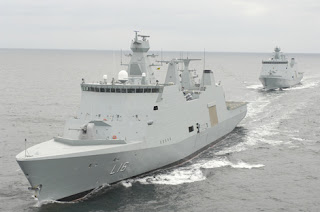In recent weeks there have
been a number of Scottish-based businesses expressing concern about the
supposed “harm” that the prospect of an independent Scotland
Such
fears, however, appear to be largely based on a somewhat outmoded view of what
independence actually means. National independence in the 21st
century is a very different animal to the ring-fenced, tariff-imposing states of
the 19th Century and early 20th Century. As a result of
both globalization and the European Union, we now have free movement of people
goods and services across Europe .
Under
independence, Scotland England Europe in the last decade. There simply are no physical borders in Western Europe any more.
There
really is no rational reason not to invest in Scotland Scotland Scotland Scotland England
For
those amongst you who are old enough to remember, who can seriously say that they
were aware of either Latvia Estonia USSR Russia USSR Holland Netherlands British Isles , the terms Great Britain England Argentina Falkland Islands . At the end of the video it says: “To compete on
English soil, we train on Argentinean soil”. The Olympics will, of course be
held on English soil, yet the point of the video is to clearly make the point
that they don’t consider the Falklands to be English soil. And nor should they: the
majority of settlers came from Scotland Wales South Atlantic when there were plenty of economically disadvantaged
Celts to do the job for you?
The
reality is that Union with England Scotland England Palace of Westminster Union of 1707. Westminster Palace
Both
Scottish Independence and the publicity generated in the lead up to the
referendum on independence, clearly has its benefits. If you’ve ever been to Dublin Airport Scotland West Midlands and East Anglia Europe and the United Nations. Furthermore, it would have the tools and
resources to attract inward investment (like, for example, the ability to
control its own corporation tax). Yet, perhaps most importantly, it would be
counted equally among the community of nations as a contender with which to
invest in and do business with, and not a mere peripheral region of another
state.
The
Unionist naysayers may do well to look at the vast European trade hub that China Ireland (pictured above) http://www.irishtimes.com/newspaper/ireland/2012/0502/1224315454567.html. Ireland Ireland Falkirk , located between Glasgow and Edinburgh and served by excellent road and
rail links between the two. Yet China Falkirk , or indeed anywhere in Scotland Scotland UK UK Scotland Scotland Scotland UK
Both

